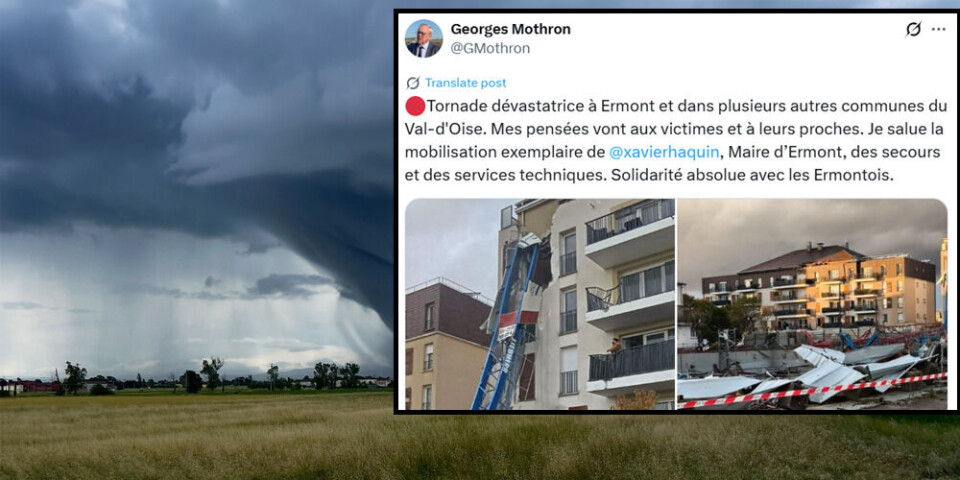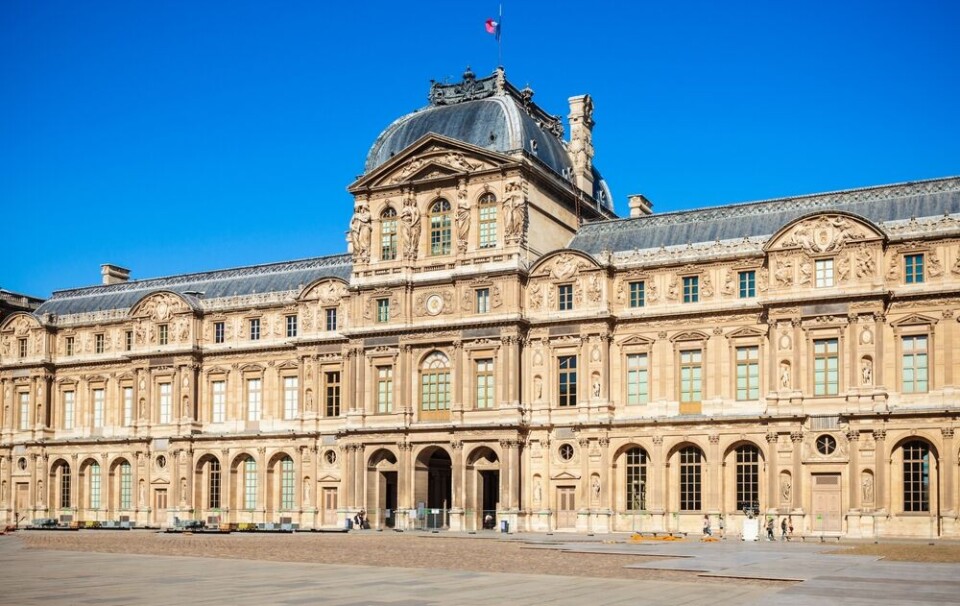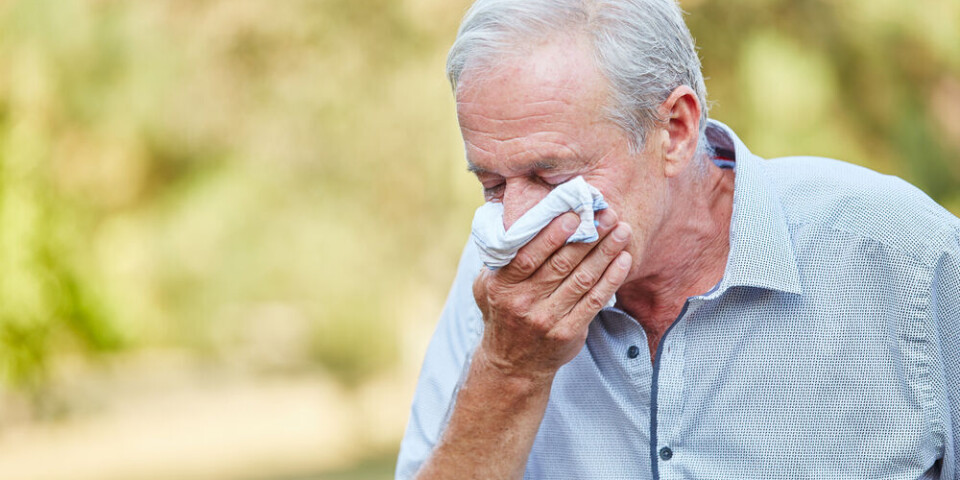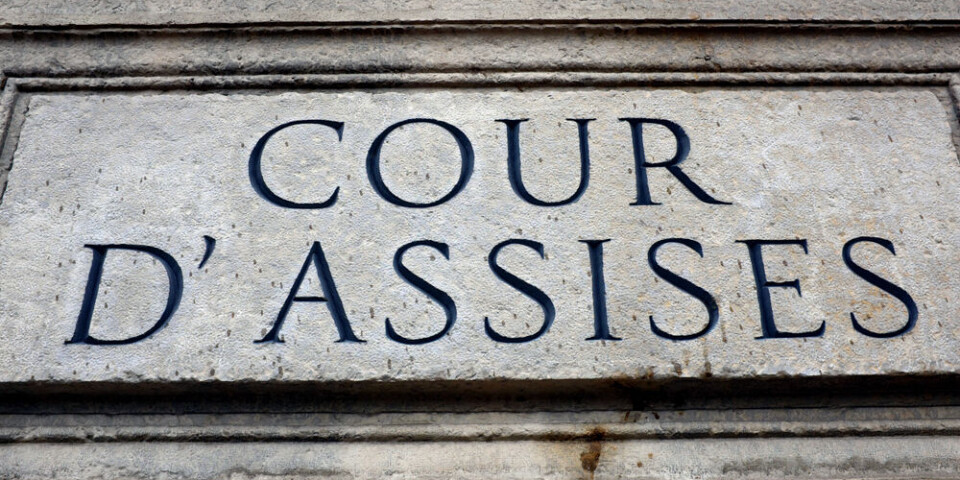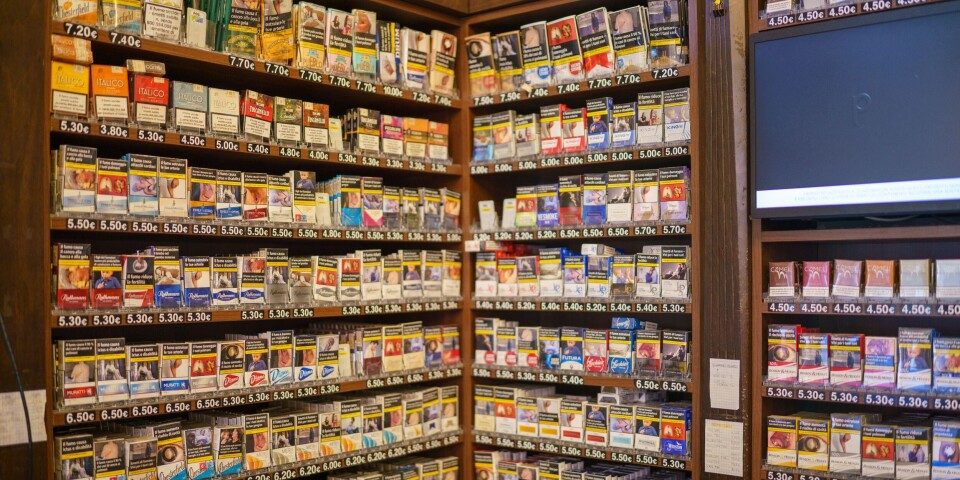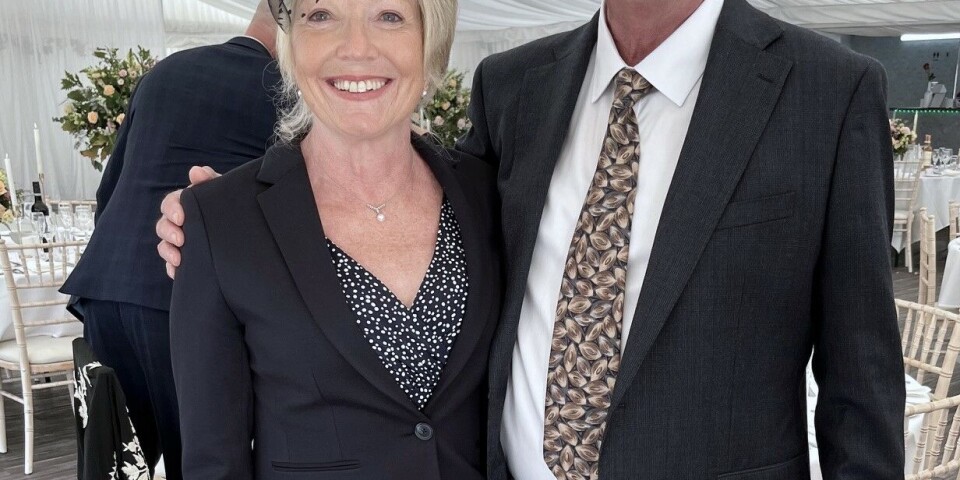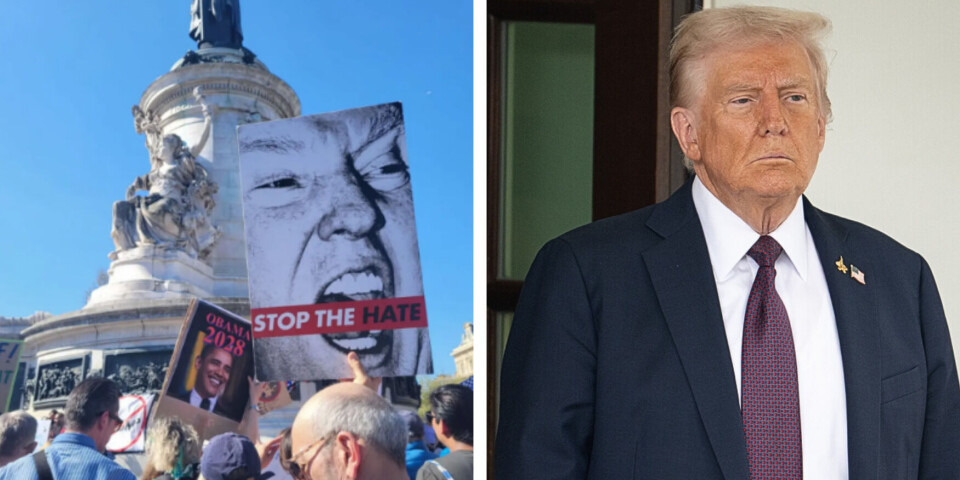-
Man dies after being shot during boar hunt in south-west France
Fellow hunter in his eighties was taken in by police for questioning
-
Beware of calendar-selling scams in France around Christmas: how to avoid falling victim
Fraudsters can pose as officials looking to sell calendars or raise funds
-
French honey production almost double that of last year
South-east saw lower yields after being affected by summer heatwaves despite good news elsewhere
Thousands honour Simone Veil as she enters Panthéon
Concentration camp number displayed on giant screen as symbol of French politician's "untouchable dignity"

Simone Veil's concentration camp number - 78651 - was displayed on giant screens along the crowd-thronged route her cortège took to the Panthéon on Sunday, where she is to be interred among iconic figures from French politics, culture, society, and history.
Thousands watched as her coffin, draped in the Tricolore, and that of her husband, Antoine, were taken into the crypt of the Panthéon, carried along a blue carpet, chosen to symbolise her love for the European Union.
Displaying the number was more than a reminder of the politician's harrowing past. In a speech on delivered on the steps of the building a year and a day after Mrs Veil's death, President Emmanuel Macron described it as a symbol of her "untouchable dignity".
“It will be engraved on her sarcophagus, just as it was tattooed on her teenage skin,” he said.
She was 16 when she was sent to the Auschwitz-Birkenau death camp with her mother and a sister in March 1944. They were later transferred to Bergen-Belsen. Her parents and brother died in the camps.
Mrs Veil became one of France’s most revered politicians and a president of the European parliament. She is best known for her battle as health minister in 1974 to legalise contraception and abortion in France in the face of tremendous opposition - and at a time when the French Parliament was 98% male dominated.
During her second term as France’s health minister, from 1993 to 1995, she introduced measures to help those with HIV, the virus that causes AIDS.
She also fought for improved rights for prisoners and children in care, introduced a ban on smoking in public places, and improved access to healthcare in rural and underserved areas across the country.
On the European stage, she pushed for an increasingly inclusive European Union to ensure the horrors she witnessed in her youth would forever be consigned to history.
In his speech Mr Macron said: "We owe it to Simone Veil not to allow the doubts and the crises that are assailing Europe attenuate the stunning victory that for the last 70 years we have won over the traumas and mistakes of past centuries."
He added: “In Simone Veil, at last the memory of those racial deportees, as she herself said, those 78,500 Jews and gypsies deported from France, enters [the Panthéon] and lives in this place.”
Mrs Veil is the fourth woman to be interred at the Panthéon in her own right - and only the fifth to be buried there. A total 72 men have received the honour of burial in the secular mausoleum. The period between her death and her entry into the mausoleum is by far the shortest.
Mr Macron said that Mrs Veil's entry honoured, “generations of women who made France without the nation ever giving them the recognition or freedom that was due to them".
"Today, through her, justice is done for all of them."
And he added a plea that Mrs Veil's memory never be forgotten: "May your fights keep running in our veins, inspire our youth and unite the French people."
Stay informed:
Sign up to our free weekly e-newsletter
Subscribe to access all our online articles and receive our printed monthly newspaper The Connexion at your home. News analysis, features and practical help for English-speakers in France




